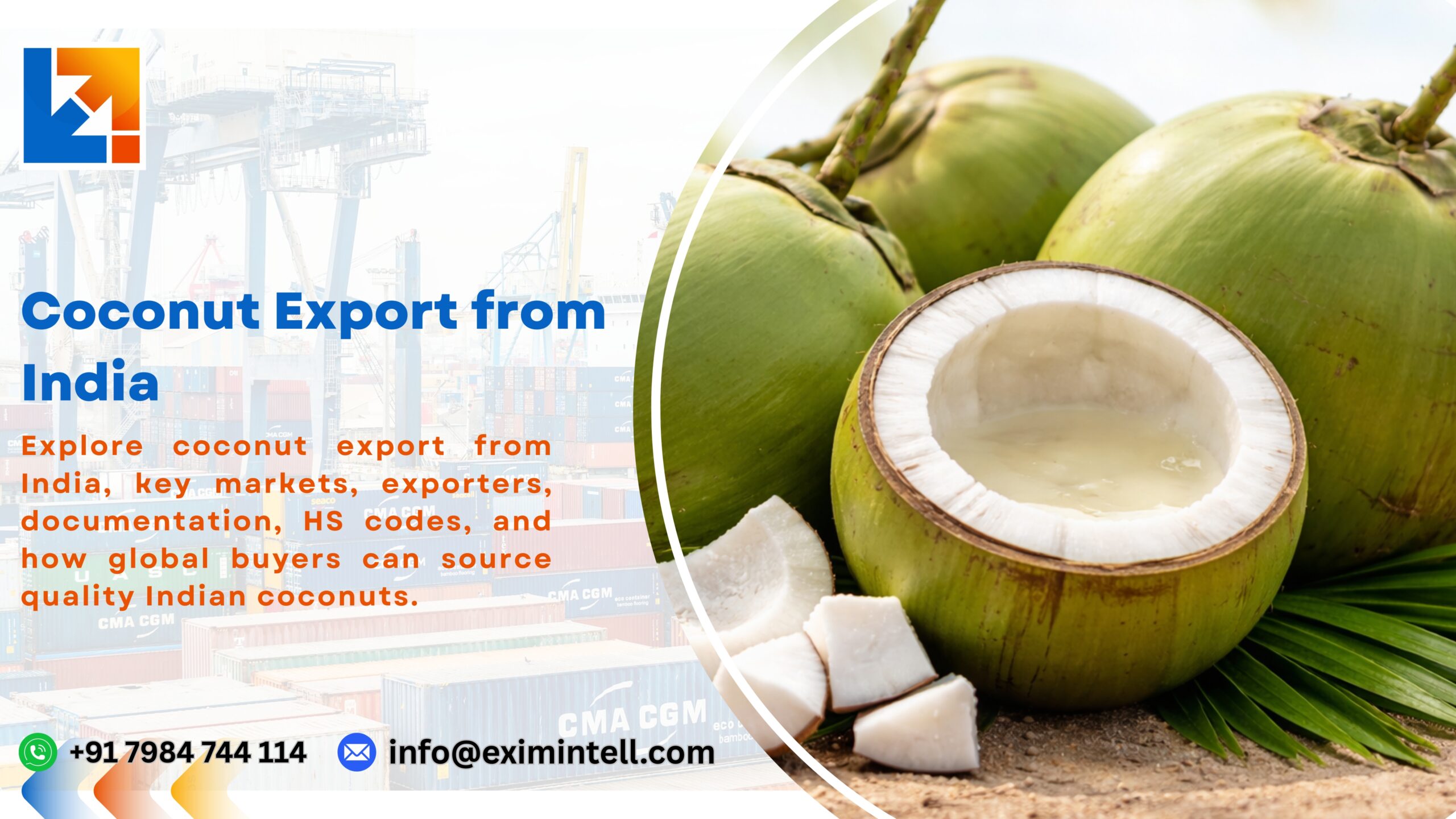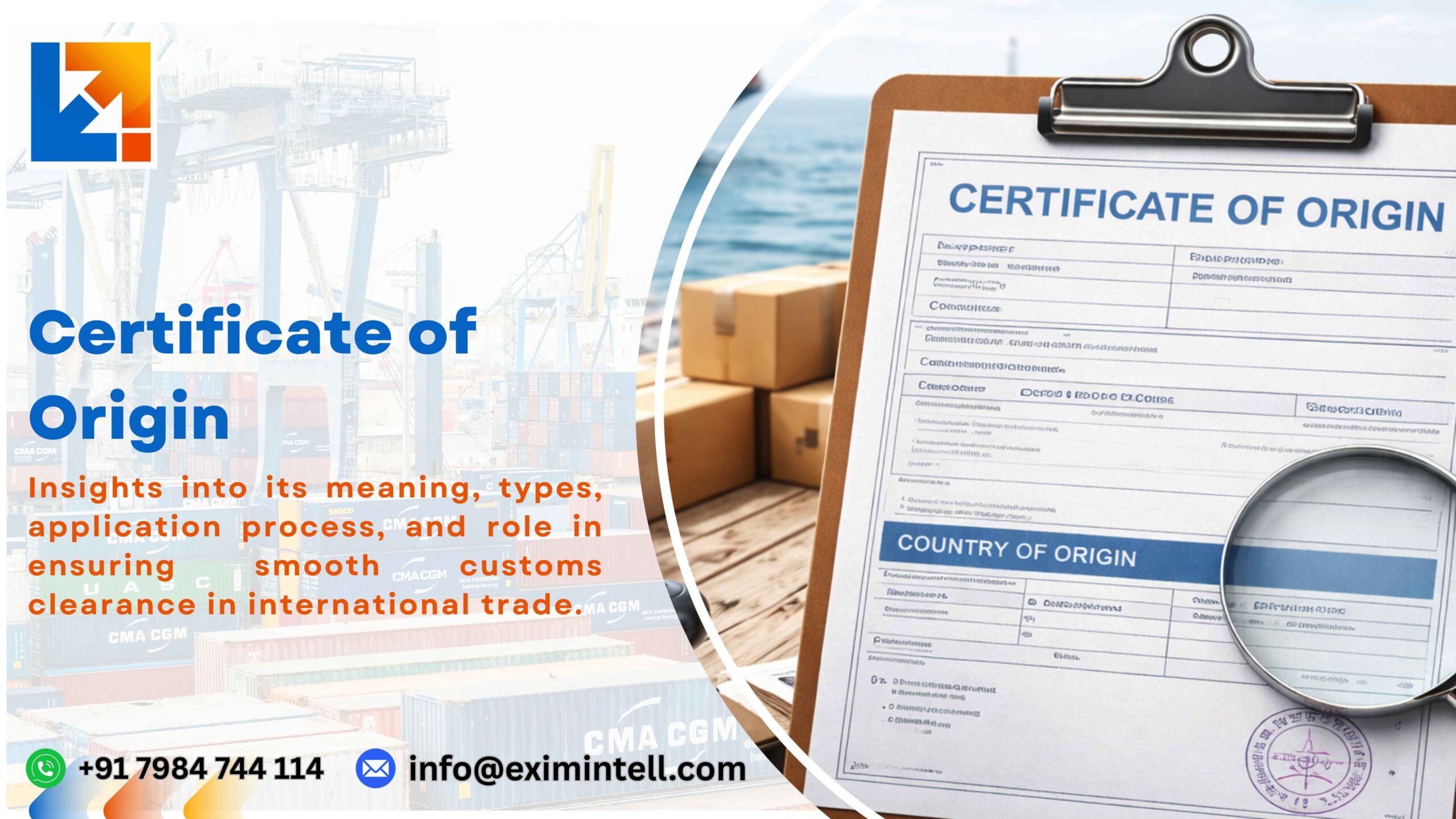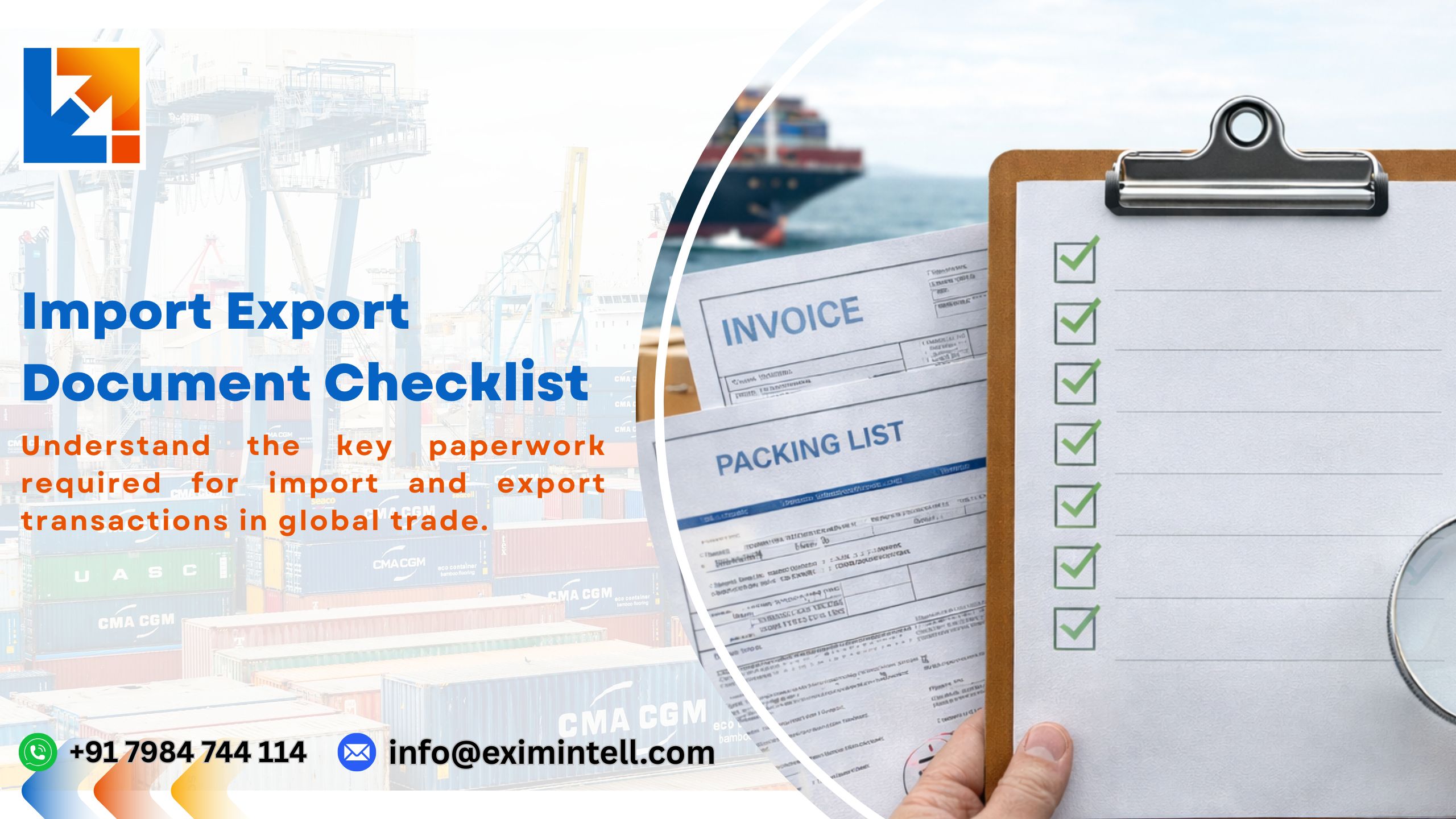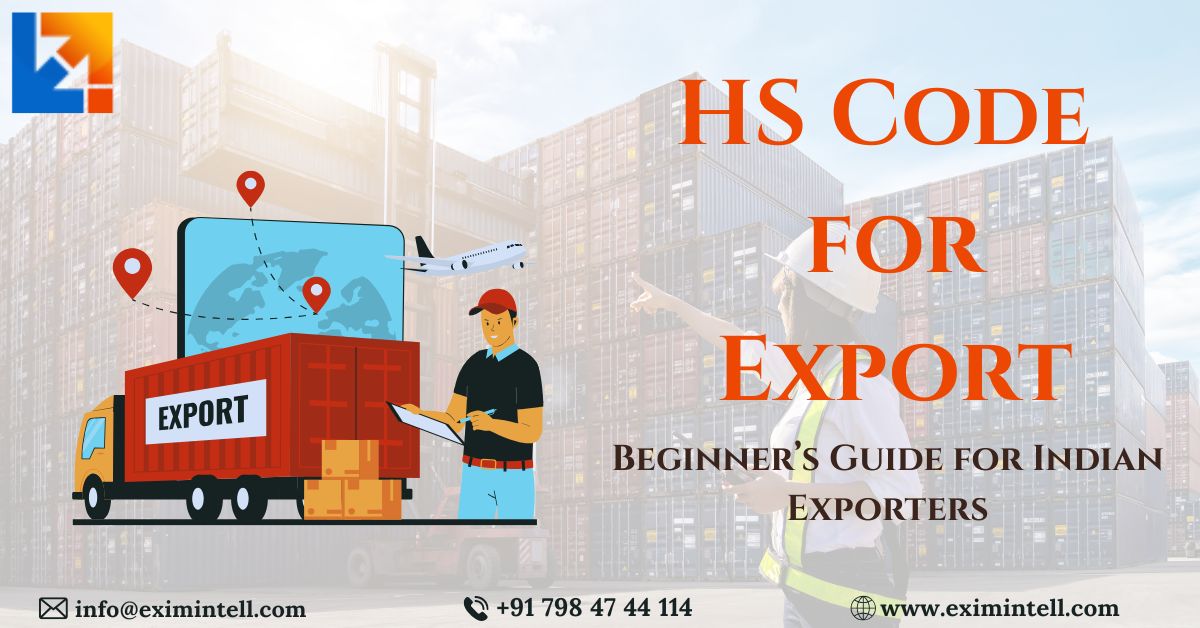Are you an aspiring global entrepreneur with a passion for navigating the exhilarating world of international trade? Whether you’re a seasoned professional or just dipping your toes into the import-export industry, mastering the ins and outs of this dynamic field is crucial to achieving success.
Luckily, we’re here to arm you with our top 12 tips for excelling in import-export courses! From understanding market trends to managing logistics like a pro, join us as we unlock the secrets that will set you apart from the competition and pave your way toward becoming an import-export maestro. Get ready to unleash your potential and make your mark on the global stage!
Introduction to Import Export Courses and its Scope
Import-export is a process of shipping goods from one country to another. It involves the movement of physical goods as well as the transfer of ownership of those goods. The process can be completed by an individual, a company, or a government.
The scope of import-export covers a wide range of activities, from the movement of raw materials and finished products to the exchange of currencies and the investment in foreign companies. The most common types of goods that are imported and exported are commodities, manufactured products, and services.
The primary benefits of import-export Courses are that it allows businesses to access new markets and expand their customer base. It also helps businesses to save on costs by taking advantage of lower labor costs and production costs in other countries. In addition, import-export can help businesses to diversify their product offerings and reduce their dependency on one market or region.
Factors to Consider When Selecting Import- Export Courses
There are a few factors you should consider when selecting your import-export courses to ensure you are getting the most out of your education. Here are some things to keep in mind:
1. Make sure the courses are accredited. This will ensure that the courses meet certain standards and will be recognized by potential employers.
2. Choose courses that fit your schedule and lifestyle. There are many online and evening courses available, so you can choose what works best for you.
3. Consider the cost of the courses. Some programs may offer financial assistance, so be sure to check into this before enrolling.
4. Make sure the curriculum is up-to-date. The import-export industry is constantly changing, so you want to make sure your courses reflect these changes.
Top 12 Tips for Excelling in Import- Export Courses
To excel in your Import-Export courses, follow these top tips:
1. Make a study schedule and stick to it.
2. Get plenty of rest and exercise; both help improve focus and concentration.
3. Seek out a tutor or mentor if you need extra help understanding the material.
4. Take good notes in class and review them regularly.
5. Do all of the assigned readings and homework; it will deepen your understanding of the concepts.
6. Participate actively in class; ask questions and share your insights with classmates.
7. Stay current on international news and events; they’re relevant to the world of imports and exports.
8. Join or attend meetings of professional organizations related to import/export businesses.
9. Use online resources, such as exporter directories, to research potential business partners around the world.
10. Develop a network of contacts in the import/export industry; they can be invaluable sources of information and advice.
11. Consider pursuing an internship with an import/export company; it’s an excellent way to gain experience in the field while still in school.
12. Remember that mastering the basics is essential to success in this field; don’t get discouraged if you don’t understand everything right away – keep working at it and you will eventually get there!
Advantages of Taking an Import-Export Courses
If you are looking to start a career in import-export, or if you are already working in the industry and want to improve your knowledge and skills, taking an Import-Export course is a great idea. Here are some of the advantages of doing so:

1. You will learn about the international trade system and how it works.
2. You will gain a better understanding of the various laws and regulations that govern international trade.
3. You will learn about the different methods of shipping goods internationally, and how to choose the most appropriate one for your needs.
4. You will get an insight into the world of marketing and finance, and how they relate to import-export businesses.
5. You will acquire valuable practical skills such as customs clearance, documentation, and packaging.
Commonly Asked Questions About Import- Export Courses
1. What is an ImpExp course?
An Import-Export course is a specialized form of training that covers the basics of international trade and commerce. The curriculum typically covers topics such as import and export regulations, customs procedures, international marketing, and logistics.
2. Who should take an Import-Export courses?
Anyone interested in pursuing a career in international trade or business would benefit from taking an Import-Export courses. The course is also helpful for those who are already working in the field but wish to brush up on their knowledge or learn about new developments in the industry.
3. What are the benefits of taking an Import-Export course?
Some of the benefits of taking an Import-Export course include gaining a better understanding of the global marketplace, developing important skills for conducting business internationally, and networking with other professionals in the field. Additionally, many courses offer practical experience through internships or other hands-on learning opportunities.
Sample Courses Available For Enrollment
There are many different types of courses available for those interested in pursuing a career in import-export. Many community colleges and universities offer these types of courses, often as part of a business degree program. There are also specialized trade schools that offer training specifically in import-export.
Some of the specific courses that might be available include customs regulations, tariffs and quotas, international shipping and transportation, financial management of international trade, cross-cultural negotiation, and marketing across borders. These courses provide students with the knowledge and skills they need to succeed in an import-export career.
Although not required, enrolling in one or more of these courses can give students a significant advantage when applying for jobs in the field. Those who have taken import-export courses will have a better understanding of the complexities involved in this type of work and will be better prepared to handle the challenges that come with it.
How to Choose the Right Import-Export Course For Your Goals
When it comes to choosing the right Import-Export course, there are a few things you need to take into account so that you make the best decision for your career goals. Below are our top tips for finding the right Import-Export course for you:
1. What are your specific goals?
The first thing you need to do when choosing an Import-Export course is sit down and think about your specific goals. What do you hope to achieve by taking this course? Are you looking to start your own import/export business? Or are you hoping to get a promotion at your current company? Once you know what your goals are, you can better narrow down your choices.
2. Do your research
Once you know what your goals are, it’s time to start doing some research on different Import-Export courses. Look at different programs and see which ones look like they would best fit your needs. Make sure to read reviews from other students or professionals who have taken the courses so that you can get a better idea of what they’re like.
3. Consider your schedule and budget
Another important factor to consider when choosing an Import-Export course is your schedule and budget. Some courses may be longer or more expensive than others, so it’s important to find one that fits both of those criteria. If you’re working full-time, then an online course may be a better option so that you can study on your own time. And if money is tight, then look for a more affordable course.
4. Look for an accredited program
Finally, when choosing an Import-Export course it’s important to make sure it is from a reputable and accredited program. This will ensure that the material you’re learning is of good quality and will give you the knowledge and skills you need to succeed in the field.
Preparation Tactics for Successful Import- Export Course Completion
Preparation is key to excelling in any course, but it is especially important when taking import-export courses. This is because the material covered in these courses can be complex and challenging. Here are some tips for preparing for success in your import-export courses:
1. Know your learning style and adapt your studying accordingly. Some students learn best by listening to lectures, while others prefer reading texts or working with visuals. Identify the learning methods that work best for you and use them to study for your courses.
2. Create a study schedule and stick to it. When you have a set time each day or week to devote to studying, you will be more likely to retain the information you are learning.
3. Take practice quizzes and exams. Many textbooks and websites offer practice quizzes that can help you gauge your understanding of the material. Additionally, taking mock exams can help you get comfortable with the format of the actual exam and identify any areas where you need additional review.
4. Get involved in class discussions. Participating in class discussions will not only help you better understand the material but will also give you insight into how other students are approaching the coursework.
5. Seek out resources outside of class. In addition to your textbook and lectures, there are many other resources available that can help you excel in your import-export courses. Utilize online resources, such as research articles and trade journals, to supplement your understanding of course concepts.
By taking the time to properly prepare yourself for your import-export courses, you will be setting yourself up for success. Good luck!
What To Do
Anyone who wants to start a career in import-export should first enroll in an accredited import-export course. There are many online and offline courses available, but not all of them are created equal. To make sure you get the most out of your learning experience, follow these tips:
1. Do your research. Not all import-export courses are created equal. Some are better than others, so it’s important to do your research before enrolling in one. Read reviews, talk to people who have taken the course, and look for accreditation from a reputable organization.
2. Find a course that fits your learning style. Some people learn best by watching videos, while others prefer to read texts or listen to audio files. Choose a course that uses the learning method that works best for you.
3. Make sure the course covers everything you need to know. A good import-export course will cover all aspects of the business, from customs regulations to marketing strategies. Before enrolling, check the course outline to make sure it covers everything you need to know.
4. Don’t forget about practical experience. While theoretical knowledge is important, it’s also crucial to get some hands-on experience in the field. Many courses offer internships or other practical opportunities as part of the curriculum, so take advantage of them if possible.
Conclusion
One crucial aspect of this journey is selecting the right course provider, and Exim Intell shines as a beacon of excellence in this realm. With its comprehensive export-import courses, expert instructors, practical insights, and industry-relevant curriculum, Exim Intell emerges as a top-tier choice for anyone looking to gain a competitive edge in the import-export arena.















